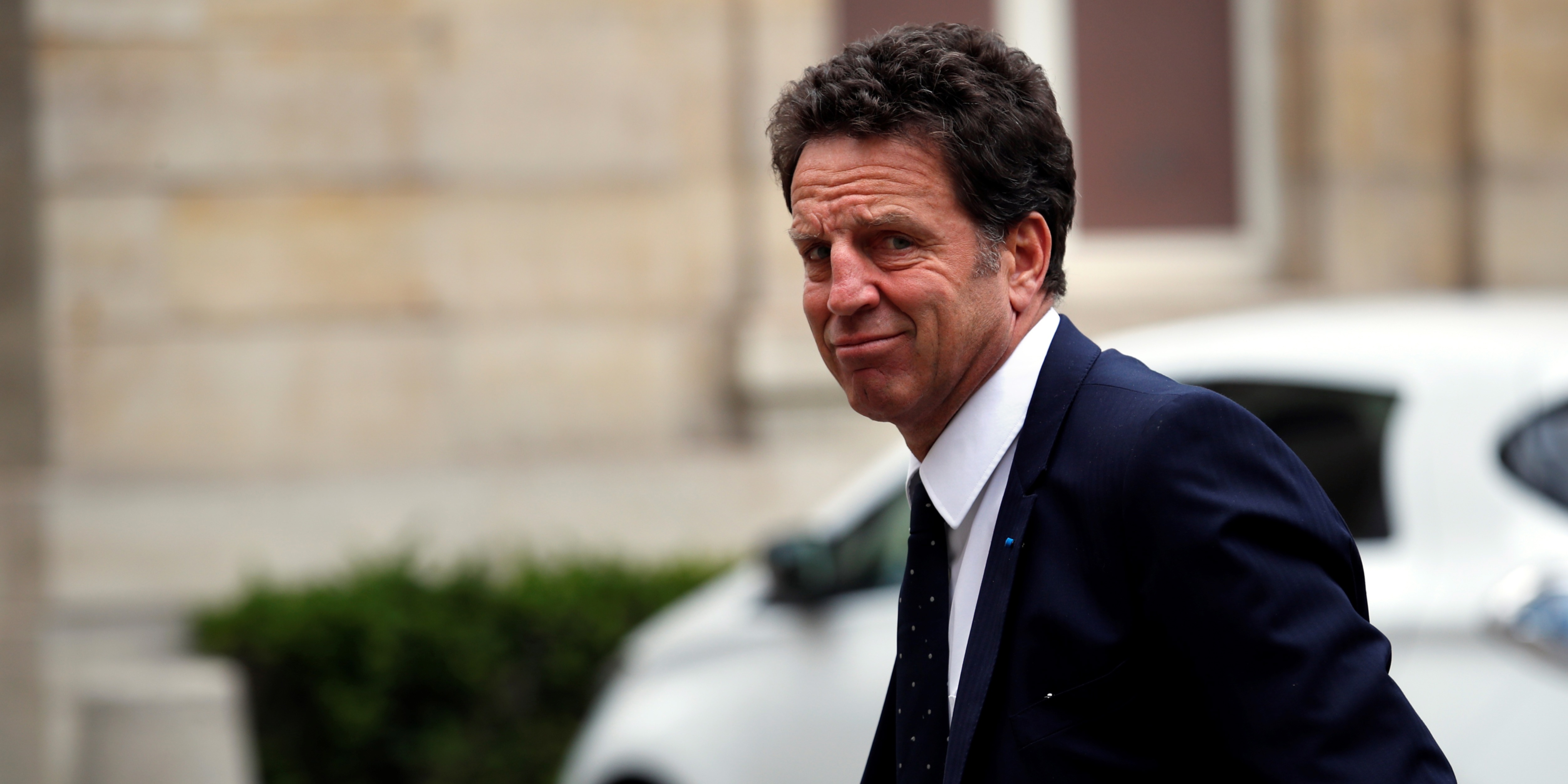Europe 1 with AFP 4:22 p.m., May 16, 2022, modified at 4:22 p.m., May 16, 2022
Based on a study carried out by the Rexecode Institute, the leading French employers' organization notes that while carbon emissions are falling in France, they are not doing so quickly enough and that an additional investment of around 10% for companies and 20% for households is necessary to achieve this neutrality objective.
The Medef on Monday called for a massive reduction in production taxes in France to finance investments to achieve carbon neutrality in 2050. Based on a study carried out by the Rexecode Institute, the first French employers' organization notes that while carbon emissions are falling in France, they are not doing so fast enough and that an additional investment of around 10% for companies and 20% for households is necessary to achieve this neutrality objective.
Tax cuts necessary according to the Medef
This requires that total investment in France, currently about 600 billion euros per year (including 100 billion for the public sector), increases rapidly from 60 to 80 billion and then remains at this level, according to the 'institute.
During the presidential and legislative campaigns, "there is little and little talk about transition, but above all we avoid the angry subject, which is to say that to transform the economy there are very significant investments to be made", said during a meeting. a joint press conference with Rexecode the president of Medef Geoffroy Roux de Bézieux.
For companies to be able to increase their investments by 10%, which currently amount to 350 billion euros per year, "we are asking to be taxed as in the European average: this would reduce production taxes by 35 billion per year, which would make it possible to finance this decarbonization", specified Geoffroy Roux de Bézieux.
"Cost of climate inaction very difficult to quantify"
In his program for the new five-year term, Emmanuel Macron proposed to abolish one of these taxes, the contribution on the added value of companies (CVAE), which annually brings in 7 billion euros to the State.
Households, whose investment weighs around 150 billion euros, should for their part increase it by around 20% by renovating their homes to make them less energy-consuming and by switching to electric mobility, according to the 'study.
But the Medef points out that while individuals can hope to amortize the additional cost of buying an electric car in five years and insulating their homes between 10 and 20 years, investments for companies are often "pure costs ".
Geoffroy Roux de Bézieux maintains that there is "a cost of climate inaction that is very difficult to quantify, but which is in the hundreds of billions".
"For us, it's not a viable alternative," he adds.

